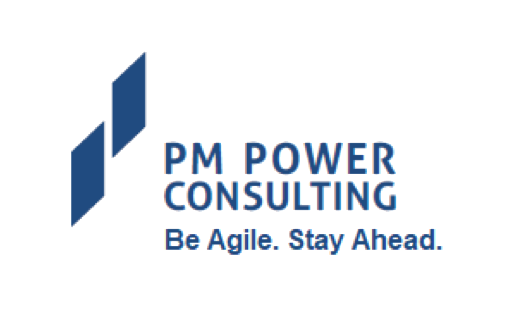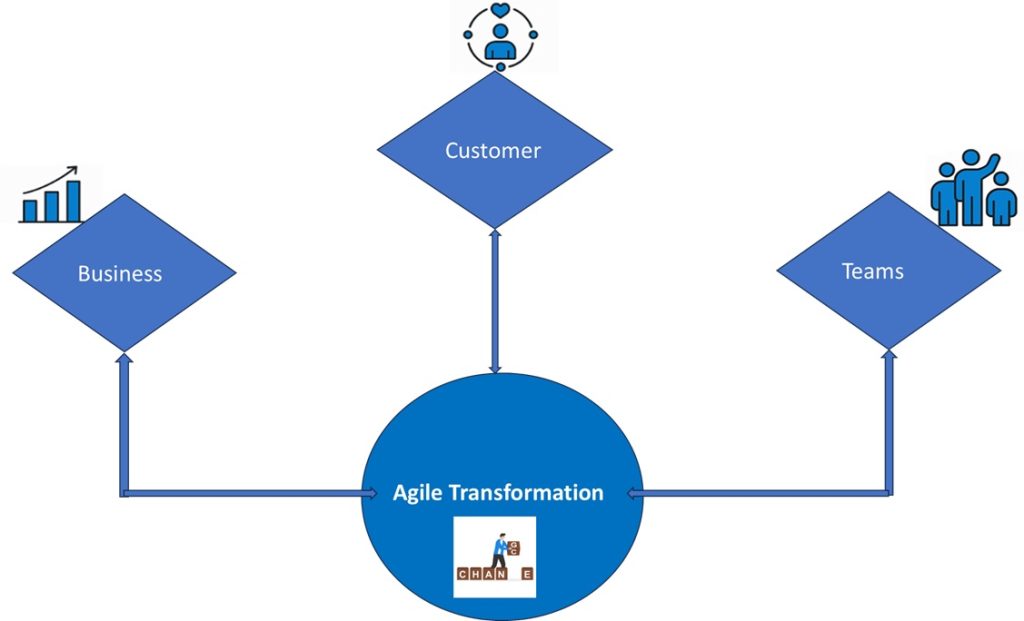Over the years I have managed projects, programs and businesses. One of the fundamentals of managing is to measure the progress, report it and take actions based on it to meet the objectives.
In this process, I have gone thru the process – early on by measuring the pre-defined set of organizational measures and metrics, to defining a larger list of measure that I felt were relevant to measure our progress, to finally focusing on the critical few.
One thing was common across all this – it was always the measurement of what was tangibly accomplished in the project/ program/ business. Thereafter this data, the IQ of the project, was used to forecast the future. I have worked in groups which were assessed at CMM Level 5. Yes, the quality of the past data (IQ) was good, but the prediction for the future was a lot of hit and miss.
Like many of you, I have the following questions that I have always pondered:
- Why is it, that despite our not meeting our internal quality metrics, that some projects have had satisfied customers?
- Why is it, that some projects, stayed GREEN for 75% – 80% of the journey before all hell broke lose? How come our customer, our PMO, our management did not have any issues with our project health reports till then?
- Why is it that some valuable team members stayed with us and worked hard, even when went through a year or two with no salary hikes? Why did the risk not materialize?
- Why is it that despite paying very well (above most of the folks in the org. at that level), some of the team members were fair weather friends, and we did not know that?
- Why is it that a lot of people were surprised to see their appraisal ratings, when they did not have an inkling of it?
I am sure, there are some good and bad reasons why these happened. But one thing, that is common, is the fact that our metrics and measure – the IQ of the projects/ programs/ business was not completely effective in providing us a good forecast of all this.
Yes, we have had customer satisfaction surveys, the annual employee satisfaction surveys, and of course the appraisal cycle – where we would sense what the customer, the team, the management felt about the period. But this EQ sensing was happening at a far lesser frequency than the daily/ weekly/ monthly IQ status reports that were getting measured.
I stepped out of the corporate world and the rat race I was in, a couple of years ago. Along with my colleagues, I now coach these managers at various levels.
What I noticed is that our Project Health measurement systems belong to a bygone era – the industrial era. It was a period when we were producing goods using machines, and these goods could be measured for consistent quality, duration to produce et al. It was easier to measure (as we view it today). So we all copied that approach.
What we missed was the fact, that in today’s knowledge era – the machine we use – our brains – is too complex for us to have such simplistic measurement approaches. It gets further complex by the fact, that no two machines (read it as two brains) work the same way, on the same input. In fact, the same machine (brain) can work very differently at different points – without anyone externally even noticing it.
If that’s the case – then how do we manage projects? Is it not manage-able? Are we saying that projects are like a piece of art (maybe true to some extent – that’s a change in my own views)? So do we stop forecasting?
I don’t think so. I think we just have to completely re-look at our approach.
We have to move to a system, by which we can sense the EQ of the project. This also means that we have to look at the project holistically. It does not get bound by technology or methodology. It has to be able to perceive the information from all the stakeholders of the project – the decision makers, the doers, the recipients, the orchestra-tor. It has to be done frequently enough, so that you can act on this perception to influence the outcome.
Given today’s technology – AI, Data Sciences, ML, IoT, NLP – I think all of this is possible. But we don’t need to wait for all of this to completely mature – we can act now with our understanding of how do we sense the project EQ. We just need to have a system by which we listen to all the stakeholders (small or big). We need to simplify the system so that, all the machines (the brains) can respond from their perspective.
Remember the proverbial – Nine blind men and an elephant. Each of them gave their perspective, which individually was true – but did not seem to refer to the same creature. All we have to do was assemble this 360 degree perspective – and soon we have discovered the elephant!





